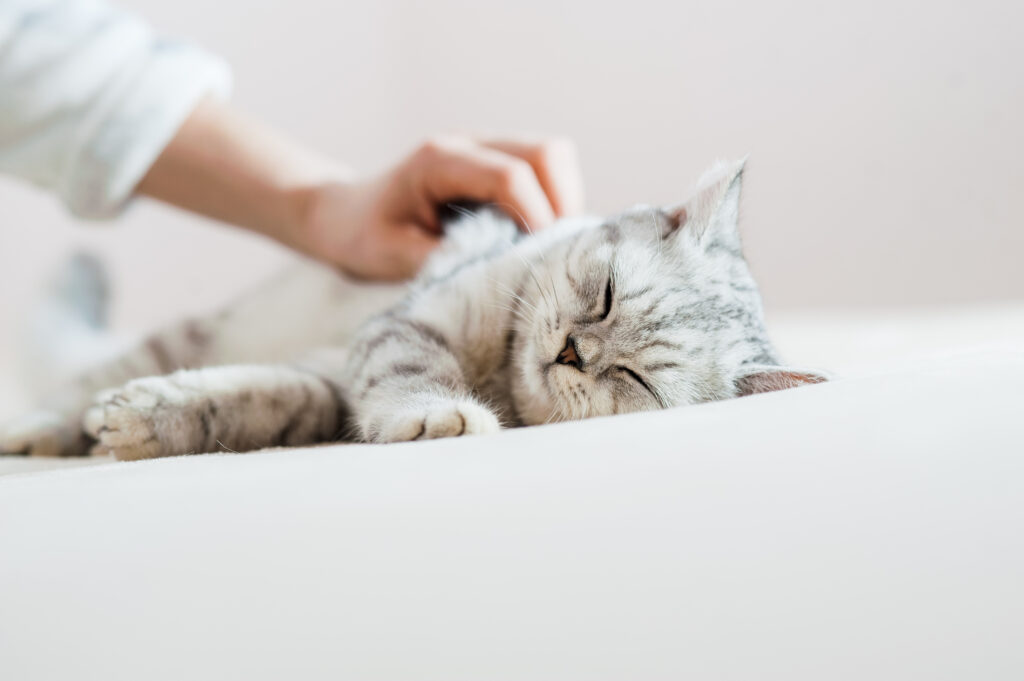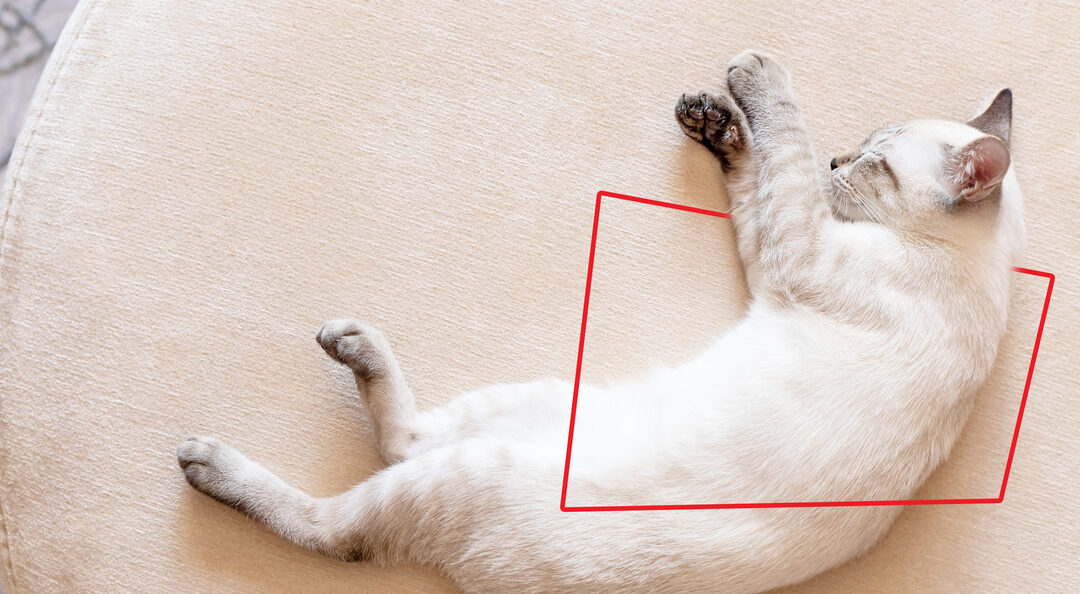Cats are pukes. Surely you’ve ever had to pick up your little feline friend’s vomit… but what if your cat’s vomiting is frequent?
There is a widespread idea that it is normal for cats to vomit because of hairballs that are created in their stomach and that are indigestible for the animal. This belief is rather misleading, the reality is that it should not be normal for your cat to vomit frequently and, in the event that it was, the reason would not be the hair.
The most important thing when you detect that your feline friend does not digest his food well is to take him to the veterinarian. The type of vomiting is important to determine the cause and make a diagnosis, but at the veterinarian they will also do different tests such as a blood test or an intestinal ultrasound to examine your tummy.
Tips to detect if hair is the cause of my cat’s vomiting
When the kitten vomits, does it expel hair? This is one of the first questions you should ask yourself. If the answer is yes, it is likely that the main reason is that the hair has accumulated in his intestine.To do this, you can give him malt, which is a mild laxative that will help your feline get rid of the lint. However, the most important thing is that you take it to the veterinarian to determine if the animal ingests more hair than normal – there are cats that groom more than usual and it may be due to: stress, pain or itching, it may also be a symptom of fleas or an allergy…– or the feline does not eliminate the hair that it ingests – which could be related to an intestinal disease—.
How often does my cat vomit?
If the feline vomits weekly, it is normal that it has nothing to do with the accumulation of hair in the digestive system. It should be seen if it is related to other symptoms such as weight loss and appetite, his mood (apathy), diarrhea or that he urinates and drinks more than normal. One of the factors to take into account is also that of age, if the animal is over 7 years old, vomiting could be related to a more severe disease.

What are the possible causes of vomiting?
There are many diseases that can be related to a symptom such as chronic or intermittent vomiting, but all can be detected early with routine visits to the veterinarian. Some of them correspond to digestive causes such as, for example, infections; food hypersensitivity or food allergy; inflammatory bowel disease (IBD) or intestinal lymphoma.
Vomiting can also be related to non-digestive causes and in this case it could be chronic kidney disease – common in 1 in 3 cats from the age of 10 and 1 in 12 from the age of 15—, hyperthyroidism or diabetes. In addition, there are some felines that have a voracious appetite and ingest food very quickly, because of this they vomit the feed shortly after eating and it is not digested. This type of symptomatology is also common and can be due to several causes that are related to the feline’s behavior towards food, so we recommend that you also visit the veterinarian to find a solution to your kitten’s binges.
In conclusion, it is necessary to dismiss the preconceived idea that cat vomiting is “normal” and that it is always related to hairballs. Knowing the symptoms is crucial to make an early diagnosis to your feline friend and end his vomiting.

